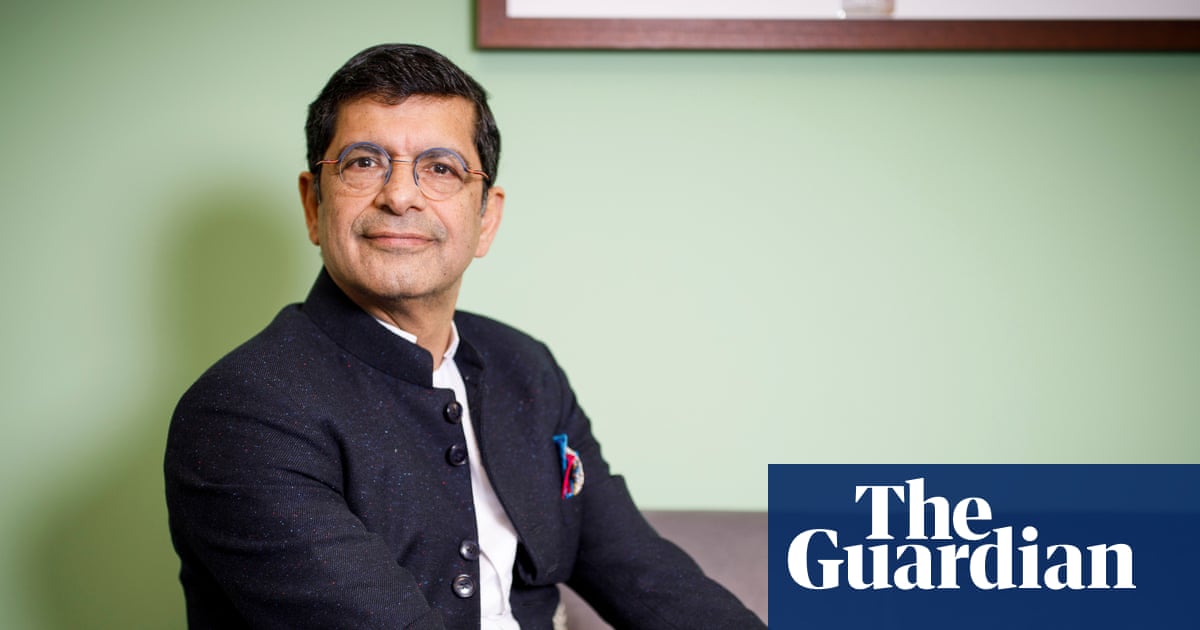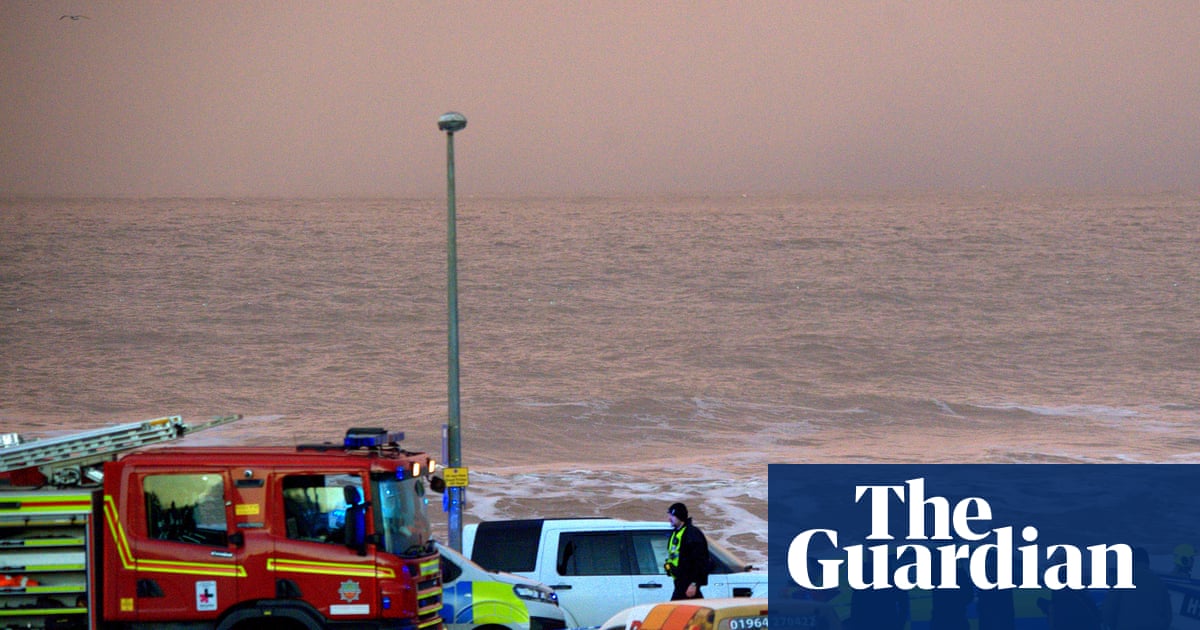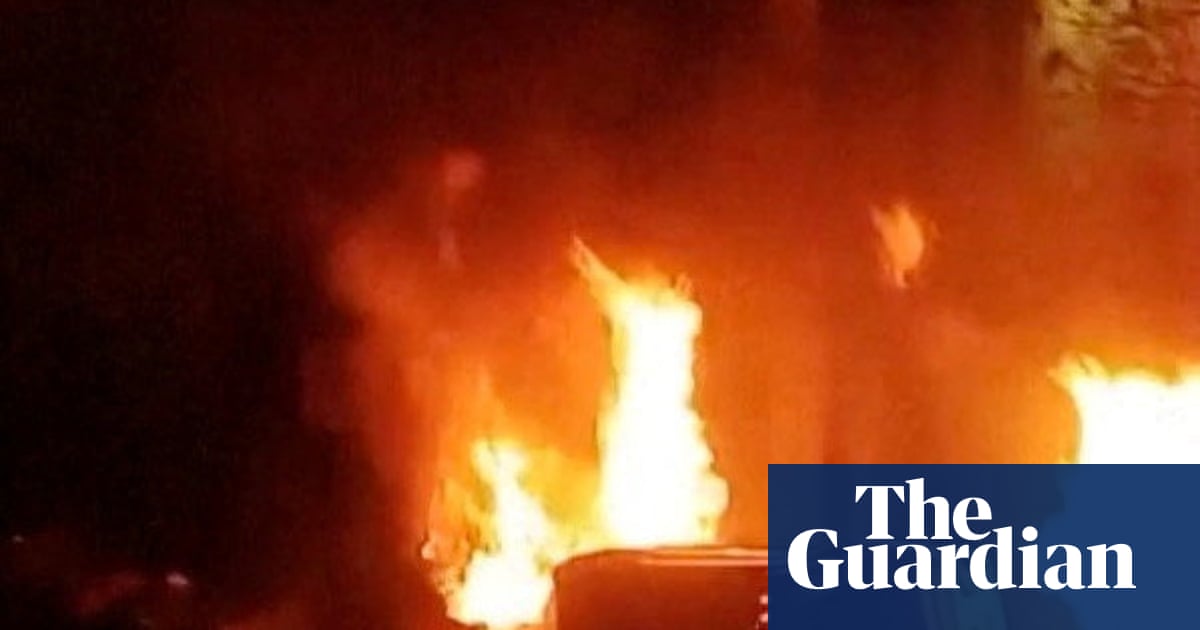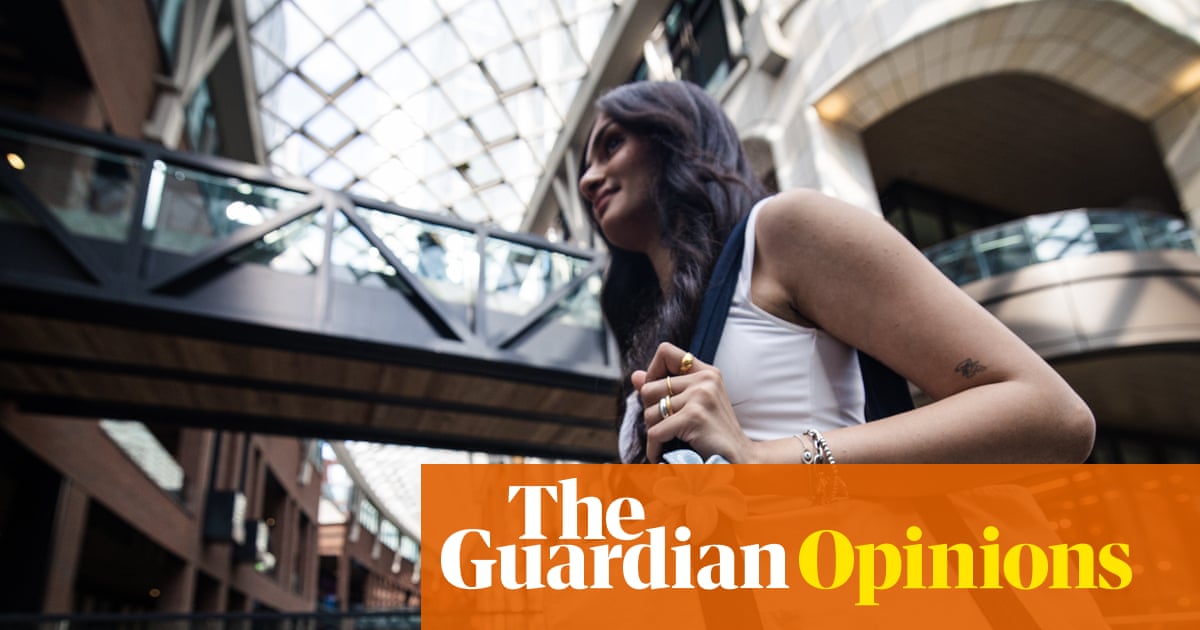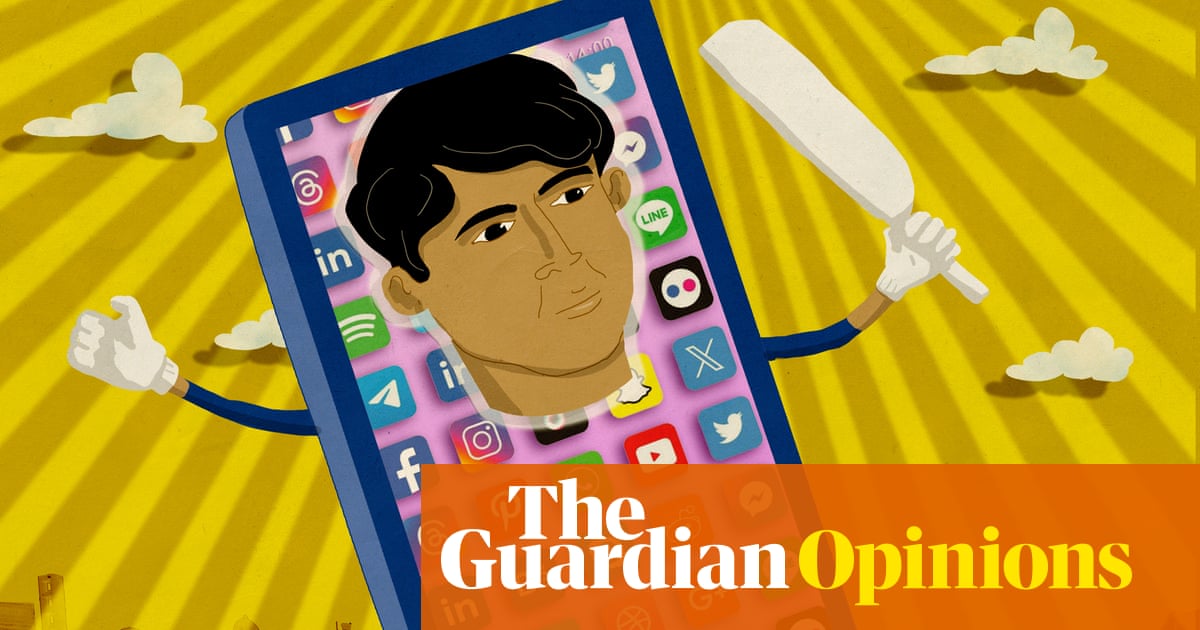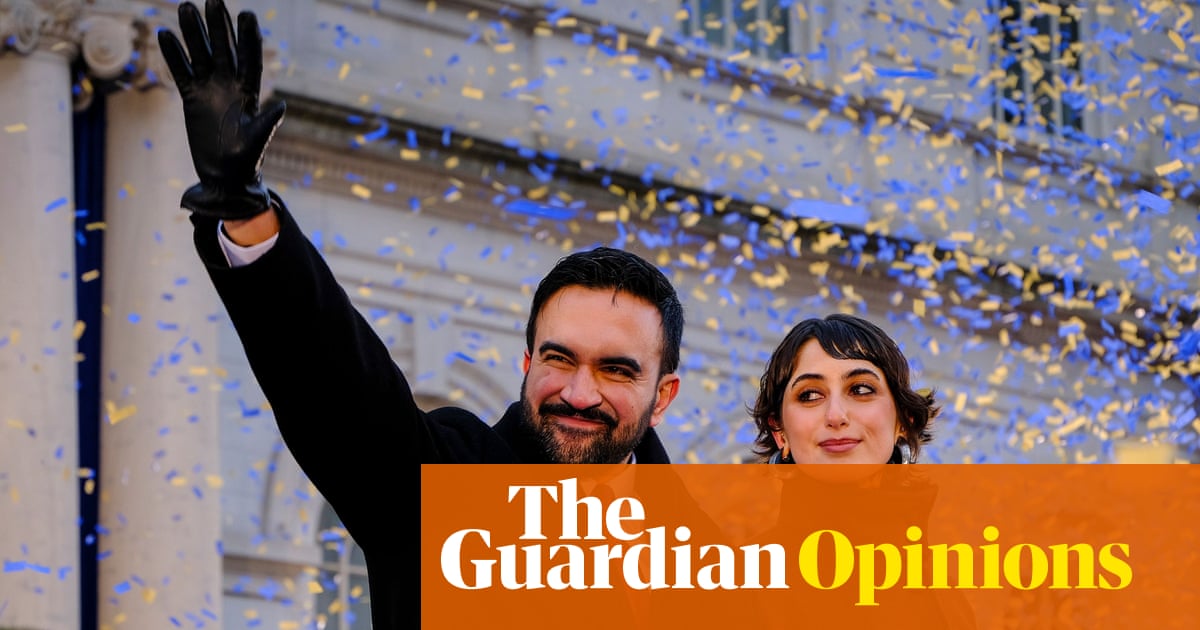Downing Street has condemned Elon Musk for using “dangerous and inflammatory” language at the nationalist protest organised by the far-right activist Tommy Robinson on Saturday. But will – or should – the X owner face any consequences?
What did Musk say?
While he called for a “dissolution of parliament” and a “change of government”, the comments that attracted particular scrutiny were when he told the crowd: “This is a message to the reasonable centre, the people who ordinarily wouldn’t get involved in politics, who just want to live their lives. They don’t want that, they’re quiet, they just go about their business.
“My message is to them: if this continues, that violence is going to come to you, you will have no choice. You’re in a fundamental situation here.
“Whether you choose violence or not, violence is coming to you. You either fight back or you die, that’s the truth, I think.”
Has Musk broken the law?
There are two main statutes that apply to public pronouncements that encourage or incite violence in England and Wales.
The first is the Public Order Act 1986, section 4 of which applies to “threatening, abusive or insulting words or behaviour” directed towards a person. But crucially it must carry the threat of provoking “immediate unlawful violence”.
The second is the Serious Crime Act 2007. It has provisions, which also cover Northern Ireland, that relate to encouraging or assisting the commission of an offence. But the person must believe the offence will be committed and that their act would encourage its commission.
As Musk did not make any reference to a racial group, his comments did not fall within legislation covering such speech.
Jonathan Hall KC, the UK independent reviewer of terrorism legislation and independent reviewer of state threat legislation, told BBC Radio 4’s Today programme that Musk’s comments would not have broken the law. “Politicians use martial language all the time, don’t they?” Hall said. “I mean, metaphors such as fights and struggles are pretty normal. And he was talking about it contingently, wasn’t he? He wasn’t saying: ‘Go out immediately.’”
By contrast, police have said they are searching for a man who said on camera that “Keir Starmer needs to be assassinated” and “someone needs to shoot Keir Starmer”.
How can Musk’s words be inflammatory but not unlawful?
The laws reflect the balance that the government maintains on free speech, which is a qualified right under the European convention of human rights, meaning it can be restricted for certain reasons.
While many will argue that Musk’s rhetoric will have harmful consequences, by, for example, requiring the threat of “immediate unlawful violence” parliament has set a threshold that inflammatory speech must cross to constitute criminality.
Different countries set different limits on free speech. While the US often claims to have absolute free speech, Donald Trump’s administration has cracked down on pro-Palestinian voices as well as political opponents. Musk also claims to be a free speech absolutist but under his stewardship, X has been accused of censoring content to placate authoritarian governments in India and Turkey.
What recent examples are there of people being prosecuted over speech?
Last year, Lucy Connolly was jailed for 31 months after admitting stirring up racial hatred when tweeting about hotels housing asylum seekers: “Mass deportation now, set fire to all the fucking hotels full of the bastards for all I care … if that makes me racist so be it.” That offence under section s19(1) of the Public Order Act requires the person to intend to stir up racial hatred or for that to be a likely consequence.
Last month, the suspended Labour councillor Ricky Jones was found not guilty of encouraging violent disorder after he called at an anti-racism rally for far-right activists’ throats to be cut.
The shadow home secretary, Chris Philp, like Reform UK, claimed the cases showed “two-tier justice” at work despite the fact that Connolly admitted her offence and Jones was acquitted by a jury.
Where does this leave Musk?
The Liberal Democrat leader, Ed Davey, has said the government should rule out any future contracts with Tesla and and block Musk from being granted a licence to supply energy to British homes. While Musk is no longer on great terms with Trump, the prospect of Starmer making such a move as the US president visits the UK seems remote.

 3 months ago
101
3 months ago
101





